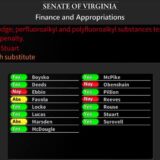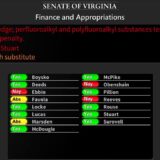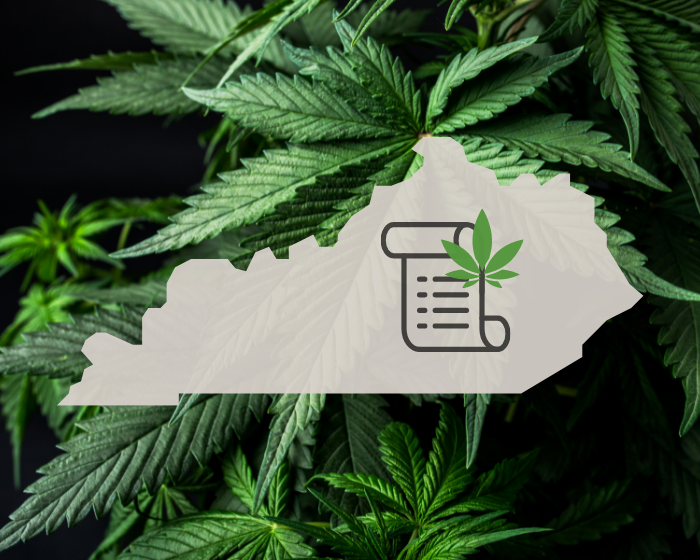A county-level judge in Kentucky approved a temporary injunction Feb. 28 that effectively makes delta-8 THC legal in Kentucky — for now. The following day, lawmakers moved a bill forward that could ban delta-8 THC statewide, reports Louisville news station WHAS 11.
Delta-8 is chemical kin to the more well-known delta-9 THC. Delta-9 was, until recently, simply known as THC. But as it turns out, it wasn’t the one and only tetrahydrocannabinol. Similar isomers have similar psychotropic effects.
And they’re legal by the letter of federal law. The 2018 Farm Bill put a concentration threshold of 0.3 percent on delta-9 specifically. Even the federal Drug Enforcement Agency has said it doesn’t currently consider delta-8 a controlled substance if it’s sourced from hemp.
Although delta-8 does occur naturally in cannabis plants in small amounts, the delta-8 on the market today is first extracted from hemp as CBD and chemically converted into THC.
Enforcement Action Blocked For Now
Siding with the Kentucky Hemp Association on an issue brewing since summer 2021, Boone County Circuit Court Judge Richard Brueggemann issued a temporary injunction that will stop the state’s agriculture department and Kentucky State Police from seizing delta-8 products, bringing criminal charges, or revoking the hemp licenses of delta-8 retailers.
The hemp association had filed for the injunction last year, after the Kentucky Department of Agriculture sent a warning letter to growers and processors, then began seizing delta-8 and other items from stores in a series of raids.
“In an effort to seize delta-8 THC products, law enforcement took a wide variety of hemp products, money, cameras, terrorized the store owners and charged their employees with trafficking,” the Kentucky Hemp Association reported at the time.
The hemp association filed suit, asking the Boone Circuit Court to prevent further raids until delta-8 policy was clarified in the state.
In his February ruling, Judge Brueggemann acknowledged the ag department’s concerns about delta-8, but based his decision on current law. Brueggemann noted that the state legislature hasn’t explicitly banned delta-8 THC, and that as administrative agencies the Kentucky Department of Ag and the Kentucky State Police don’t have authority to take enforcement against it.
“If only natural hemp, (unadulterated by any chemical) is worthy of exemption, then Congress, and the General Assembly, could have made their statutes say so. They did not.”
— Boone County Circuit Court Judge Richard Brueggemann
“[I]f only natural hemp, (unadulterated by any chemical) is worthy of exemption, then Congress, and the General Assembly, could have made their statutes say so,” the injunction reads. “They did not. Likewise, if the extraction or production of derivatives using non-hemp solvents should have remained a controlled substance, then the legislators could have, by statute, said so. They did not. Nor did the legislative body choose to limit delta-8 concentrations as it did with delta-9. Again, they could have but did not.”
The temporary injunction is in effect until a final decision from the court, expected in late April. But there’s a chance lawmakers could ban hemp-derived THC before then.
Bill to Ban Hemp-Derived THC Moving Through Senate
March 1, Kentucky’s Senate Committee on Agriculture heard comments on SB 170. The bill seeks to ban delta-8 and all other psychotropic hemp-derived products.
According to the Kentucky radio news station WKU, Kentucky Hemp Association President Katie Moyer told committee members the association supports age restrictions and safety regulations on delta-8, but not a complete ban.
Joe Bilby, legal counsel for the Kentucky Department of Agriculture, voiced support for SB 170 to the committee.
“Is this stuff legal or not? We believe Senate Bill 170 would resolve this ambiguity and resolve this question once and for all,” Bilby said.
The Senate Committee on Agriculture passed SB 170, which must pass the full Senate and House before reaching the governor’s desk.
If the bill continues to move forward, the temporary injunction stands until it’s signed into law by the governor.





















